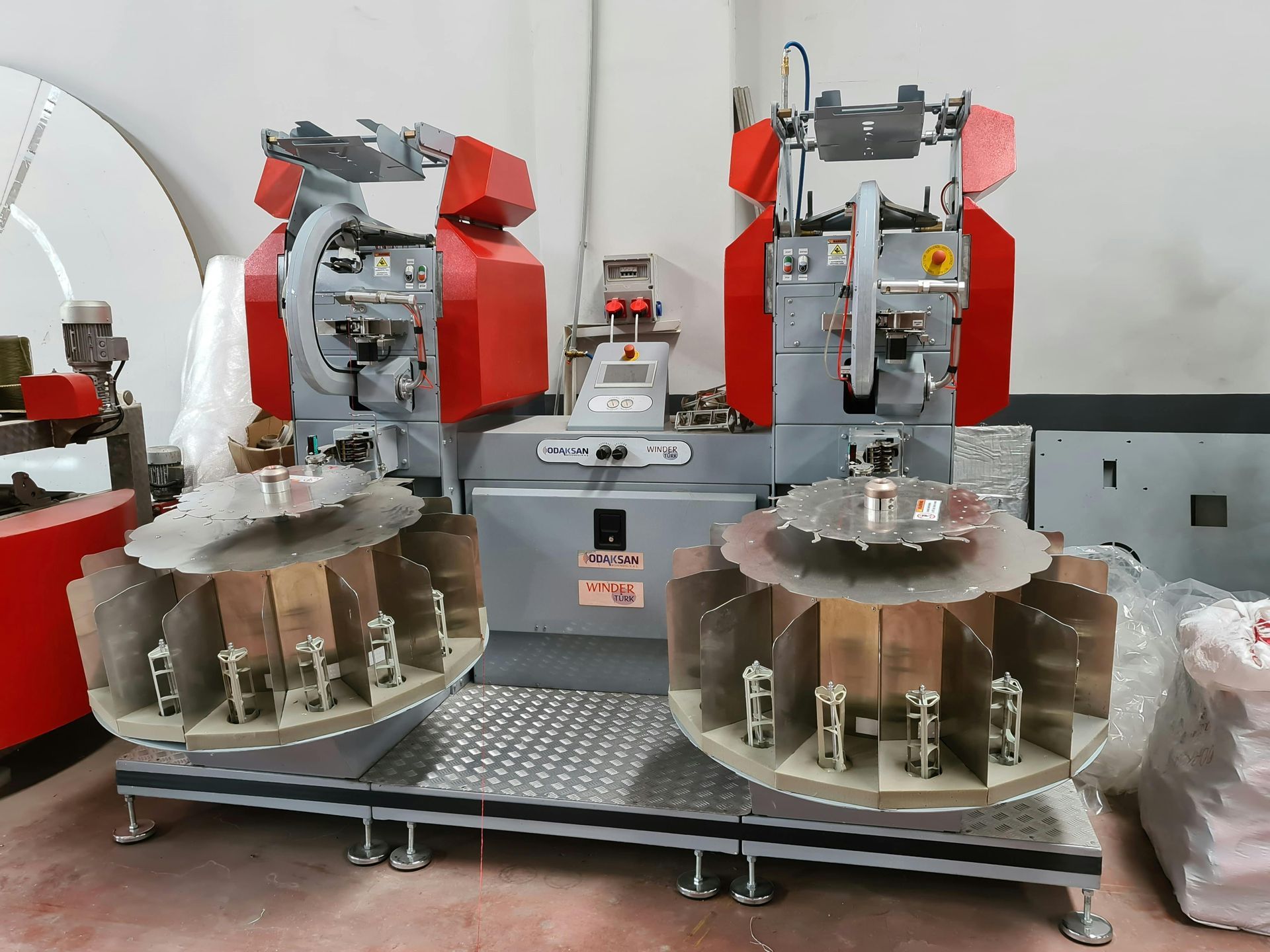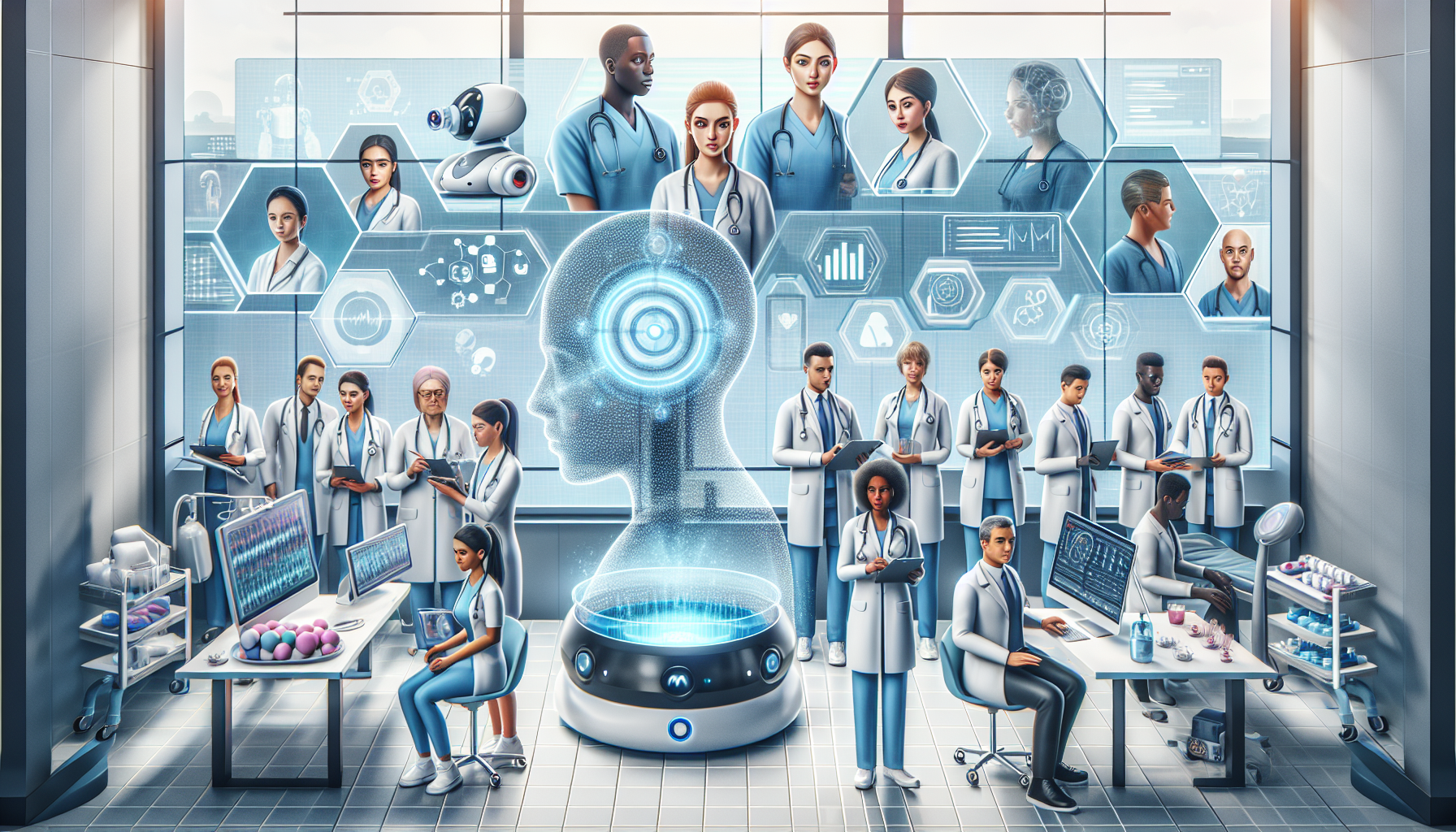Is Wearable Technology about to Disrupt the Health Care Industry?
Clarke McEwan Accountants
Digital disruption is something to be aware of in all professions at the moment and the Health Care Industry is certainly no exception. Medical Practitioners will need to be considerate of the impact of this technology on their practice models. How will doctors interact with patients into the future? what will be the effect on doctors remuneration, patient care, and care plans? How will health funds react to all this new information and patient interaction with their medical professionals.
According to Medical Daily , wearable technology was predicted to be the top fitness trend of 2016. But is wearable technology just a trend or does it have the potential to transform the medical industry? Are doctors the next sector to experience a major disruption at the hands of tech?
Wearables are already making their mark in the tech world. Fitbits, or their counterparts, are being worn on one in every five Americans, and Apple has a Health app. Self monitoring is becoming more mainstream than ever before. This means just about anyone can become health obsessed while still being attached to their phones. This is already having a positive impact of overall health and productivity. Researchers at the Northwestern University School of Professional Studies found that there's already been a 44% decrease in sick days for employees that were daily users of wearable technology.
Wearables will provide valuable information to doctors
Prof Sir Bruce Keogh, a top doctor in the UK, believes wearable technology will revolutionize the monitoring of patients' health. Especially for those patients with a serious condition. He explained to The Guardian that wearables are now being actively used by doctors when dealing with patients. Technology has advanced so rapidly doctors are already seeing patients with a previous history of heart failure benefiting from using a wearable monitoring system. By using an unobtrusive sensor device, medical staff can remotely track a patient's health and predict if they are at risk of slipping into heart failure again. This means a doctor can bring a patient in and begin treating them before the condition becomes serious.
This is a brand new way of doing things for the medical sector. Doctors are used to patients coming to them with problems, and they have to trust the information they're given. With wearable technology, doctors don't have to rely on our (usually faulty) information about our activity and how we feel. Now they can use verified data when assessing our health. This could also lead to more preventative care and less hospital stays. This not only benefits the patient's health, but could save us a ton of money on health care. He predicts a huge decrease in patient admittance rates to hospitals due to the early warning signs wearable technology can detect.
The future of wearable technology for medicine
The market for health care wearables already extends beyond smartwatches and fitness trackers. In fact, Tractica predicts that by 2021 health care wearables will be worth $17.8 billion. It's no surprise when you look at the products already on the market. Things like posture monitors, movement sensors, heart straps, wearable patches, wearable cameras, and pain management tools.
So what does the future hold for wearable technology and health care? IBM Australia is running clinical trials on a piece of software that could be implanted into your brain to prevent seizures. There are also tests in motion on ingestible computers that collect and send data straight to your doctor using wifi. There's also talk of stomach acid being used to power batteries. In reality, there is no telling where this rapidly paced industry will head to next.
So what does this mean for doctors? The way our health care system is set up is surely going to change. Rather than rushing to doctors in an emergency, we will most likely head to the doctor anytime our devices alert them to a problem. Rather than learning how to diagnose a patient by sight and sound, doctors are going to need to be adept at spotting trends in our health data. In fact, we could get a whole new kind of medical professional, a data analyst. One that can link certain statistics and anomalies to serious health conditions. Oddly, this could have us seeing our doctors more frequently instead of less. It will also increase our doctor's value. If you're being seen, it's because they've spotted something potentially dangerous. The near future could have doctors studying both medicine and statistics.
For a confidential discussion to review and discuss the direction of your medical practice contact our office and arrange a time to meet with John Clarke. Book an appointment time online via http://www.clarkemcewan.com.au/contact_us/request_an_appointment or phone our Sunshine Coast Office on 07 54754300 or Brisbane Office on 07 38423128 to arrange an appointment.







